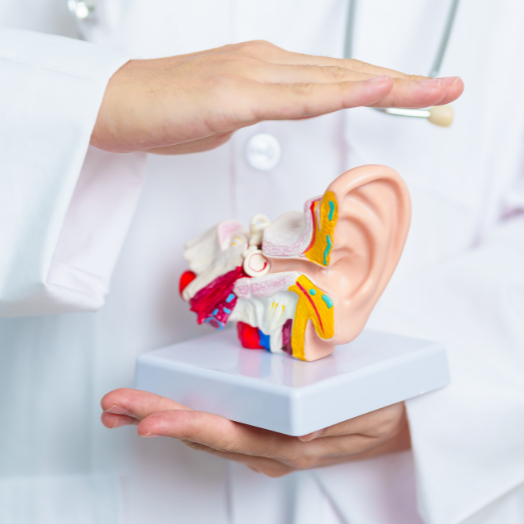
The inner ear is responsible for hearing and balance, and it contains delicate hair cells that can be damaged by inflammation caused by the immune system. The symptoms of AIED can be similar to those of other inner ear disorders, such as Meniere's disease or labyrinthitis, and they can include:
A diagnosis of AIED typically involves a thorough medical history and physical exam, as well as hearing tests, balance tests, and imaging studies of the inner ear. In some cases, a biopsy of the inner ear tissue may be needed to confirm the diagnosis.
Treatment for AIED typically involves immunosuppressive medications, such as corticosteroids or methotrexate, to reduce inflammation and prevent further damage to the inner ear. Hearing aids or cochlear implants may be recommended to help improve hearing in cases of severe hearing loss.
AIED is a rare condition, and it can be difficult to diagnose and treat. If you have any concerns about hearing loss, tinnitus, or balance problems, you should consult with an otolaryngologist or other qualified healthcare provider.